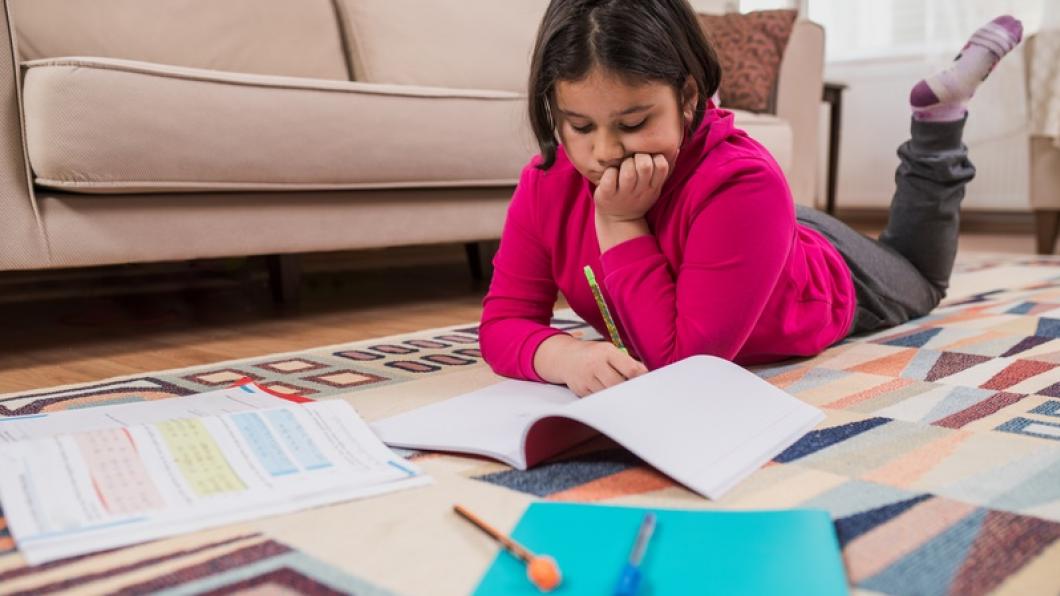
COVID-19 makes return to school all the harder
By Louise Kinross
Last week an Ontario parent posted on a Facebook group that her child’s school week was being cut in half. The child requires a one-to-one nurse. The school said it could only provide a nurse two to three days a week, because of a shortage of nurses due to the pandemic.
It’s an example of how COVID-19 presents extra challenges for families of children with disabilities, and it’s reflected in a number of new Canadian and American reports.
An April survey of 407 caregivers of children with and without developmental disabilities across the United States found “the negative impact of COVID-19 on caregivers of children with developmental disabilities is significantly greater,” according to researchers at the University of Connecticut’s Collaboratory on School and Child Health. Parents of children with developmental disabilities were more likely to report having less support for their child’s education needs, trouble accessing child care, loss of employment or reduced work hours, and increased financial strain.
“In addition to the usual responsibilities associated with caring for a child with developmental disability, caregivers have been tasked with ‘special education teacher’ and related service-provider roles during school closures,” the researchers said in a study brief.
Last Thursday, Statistics Canada released a June survey of 32,000 Canadian parents that looked at how families of children with and without disabilities up to the age of 14 experienced the pandemic. The crowdsourced data found parents of disabled children were more likely to be very or extremely concerned about their child’s school year and academic success, screen time, isolation and general mental health than parents of non-disabled children.
On Friday, The American Journal of Psychiatry published a letter from 13 Eunice Kennedy Shriver Intellectual and Developmental Disabilities Research Centers that argued that families of children with developmental disabilities faced “major, disproportionate burdens linked to the pandemic.“
Dr. John N. Constantino, co-director of the Intellectual and Developmental Disabilities Research Center at Washington University School of Medicine in St. Louis, authored the letter.
In this interview, Dr. Constantino said children with disabilities who thrive in a structured school setting with individual attention may be unmotivated by remote learning. “Such a scenario requires parents to try to focus their child’s attention on virtual educational tasks to the exclusion of their own work. When parents…are diverted by their own jobs, the child may lapse into patterns of behaviour that sabotage learning and academic progress will likely lag.”
Dr. Constantino suggested children whose disabilities make remote learning challenging “should be the first to return to school.” However, “much of the discussion about whether and how to resume in-person education has overlooked the needs of children in special education.”
The Ontario Autism Coalition has highlighted the unique challenges facing some students with autism, including a sensory aversion to wearing masks and difficulty understanding social distancing. In this Toronto Star article, the group reports that Ontario schools are already asking parents to have their child attend a shortened day, or less than five days a week.
How is the return of school during COVID-19 affecting your family? Go to BLOOM Facebook, where we'll post this story, and leave a comment.